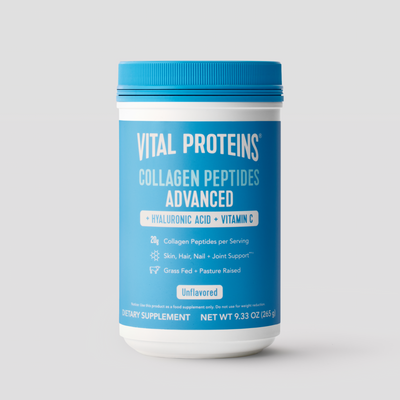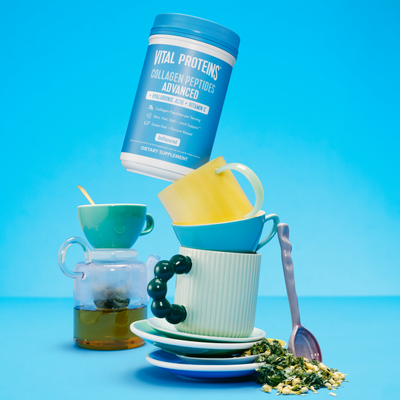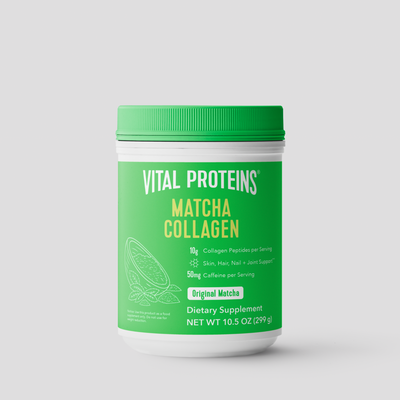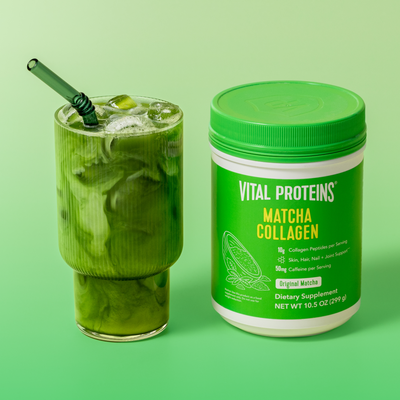Clean label, natural skin care is having a big moment right now. If you’re paying attention to the labels on the cleansers, moisturizers and serums you keep on hand, you’ll notice one key ingredient—enzymes. Enzymes are chemicals that speed up the rate of a reaction between two substances without being consumed themselves. You may recognize the term enzyme from the supplement aisle, as enzymes are often used as digestive aids. However, enzymes may also be a great addition to your skincare routine.
What enzymes are used in skincare?
Pepsin, bromelain and papain are some enzymes you’ll typically find in the skincare you purchase. What’s notable about these ingredients is that they can be found naturally in certain produce.
Why are enzymes good for the skin?
The epidermis, or the upper layer, of your skin is mostly made of dead skin cells held together by keratin protein. Enzymes work by breaking down that keratin protein to reveal smoother skin. There are quite a few enzymes that effectively exfoliate the skin and can be a more gentle option than other methods, such as a harsh scrub.
The best skin care enzymes are typically derived from natural sources and provide great brightening results, so look for products containing enzyme-rich ingredients like papaya, pineapple, blueberry or pumpkin. Keep reading to find out why these fruits are the best skincare enzymes.
What are the best enzymes for skin?

Papaya
Not only does this tropical fruit taste amazing, papaya is also quite rich in alpha hydroxy acids and other enzymes that gently exfoliate your skin. Papain, the very stable and effective enzyme extracted from the papaya fruit, works on the surface of the skin to dissolve and remove dead skin cells. This superfruit also contains high levels of antioxidants and nutrients such as vitamins B, C and carotenoids, all lending themselves to healthy, beautiful skin.

Pineapple
Bromelain is an enzyme known to soften the skin’s keratin proteins, and has been used for hundreds of years to fight various ailments in South and Central America. When used in skin care treatments, bromelain acts as an alpha hydroxy acid and removes dead skin cells via chemical exfoliation. People who experience acne may notice a visible difference in the clarity of their skin after using pineapple-based products. This treatment ingredient will unclog the pores and can help reduce irritation caused by the accumulation of surface skin cells.**
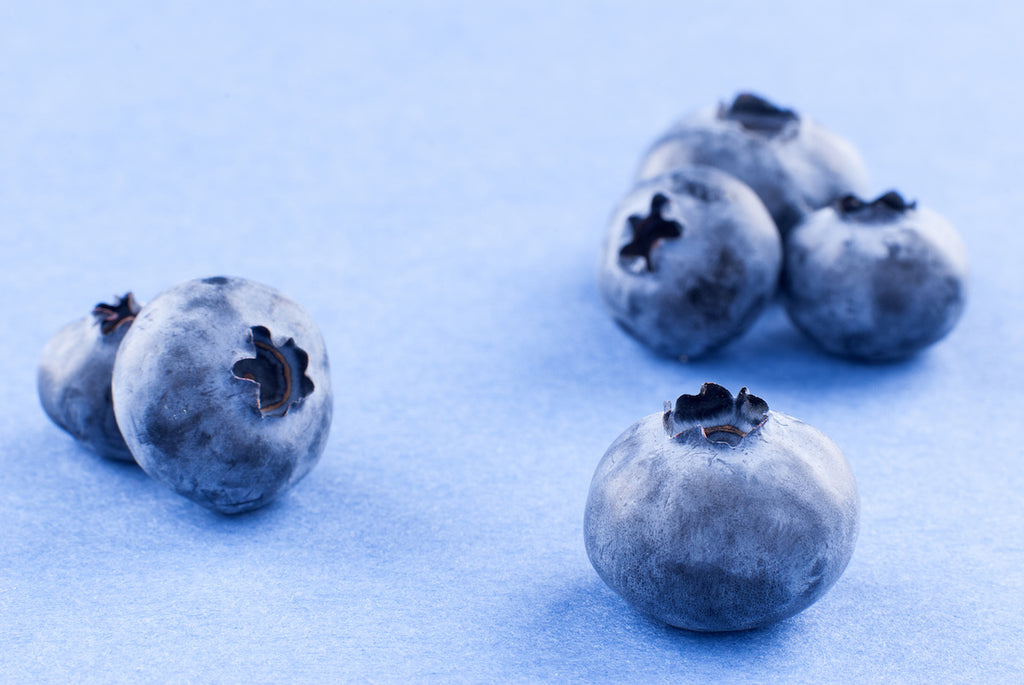
Blueberry
Blueberries are another powerful and nutrient-dense enzyme. This particular fruit works well with acneic skin types, as the active enzyme has been known to help soften the sebum (oil) found in pores. Blueberries are chock-full of antioxidants, which help brighten and protect the skin from damaging free radicals.** Typically gentle enough for all skin types, blueberries soothe and brighten even the most sensitive of skin types. Try this homemade mask next time these powerful berries are in season:
Ingredients:
- 1T organic blueberries, pureed
- 1 seedless grape, pureed
- ½ t lemon juice
- ½ T manuka honey, melted
- 1 T aloe vera gel, fresh is best
Directions:
- Mix all ingredients in a small bowl
- Apply paste to clean, dry skin with fingertips or a mask brush
- Let sit for 10 minutes
- Remove with a warm cloth

Pumpkin Enzymes
Pumpkin is packed with fruit enzymes and alpha hydroxy acids, making it a powerhouse ingredient for enhancing cell turnover, brightening dark spots and smoothing uneven skin texture. Pumpkin contains vitamins A and C to help soften the skin, while boostingcollagenproduction. The molecular structure of pumpkin is small and able to penetrate quite deep into the skin.
Important note: Unfortunately, enzymes are very picky about their environment! Make sure to store them in optimal conditions at home by avoiding heat and direct light. Store enzyme based products in a cool, dark place such as a refrigerator to ensure stability and longer shelf-life.
Vital Note: This article has been made available for informational and educational purposes only. It is not intended to be a substitute for professional medical advice, diagnosis, or treatment. Always seek the advice of your physician or another qualified health provider with any questions you may have regarding a medical condition. Your licensed healthcare professional can best provide you with the diagnosis and treatment of any medical condition and assist you as well in deciding whether a dietary supplement will be a helpful addition to your regimen.














